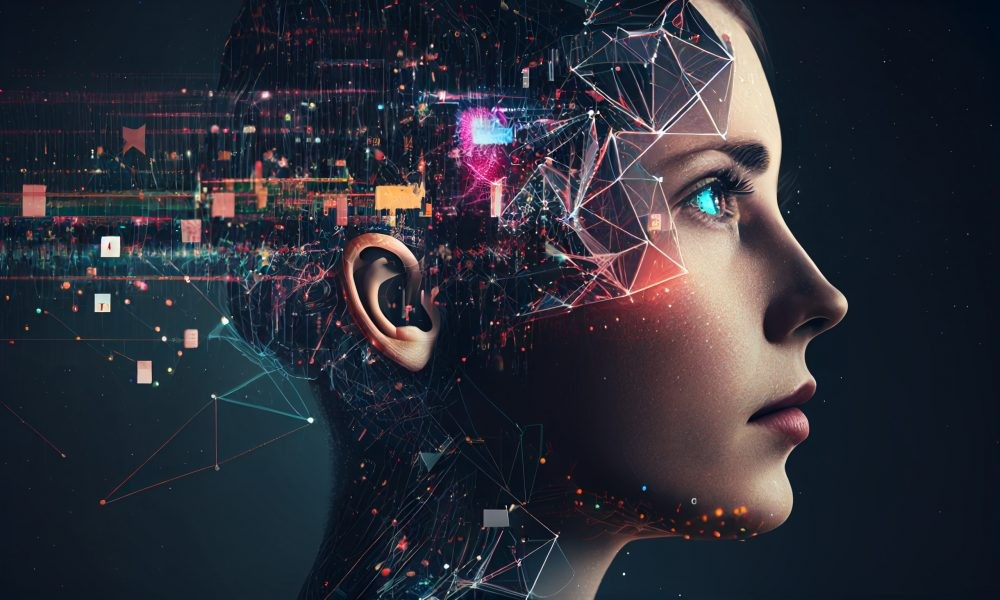Why Customer Service Needs To Be About Choice, And Not The Chatbot
In the ever-evolving landscape of customer service, the integration...
Check out our latest update on our consumer platform here!
Published on 24 Jan 2025
The rapid integration of artificial intelligence into everyday life has fundamentally transformed customer expectations across all industries. From smart speakers...

The rapid integration of artificial intelligence into everyday life has fundamentally transformed customer expectations across all industries. From smart speakers that anticipate our needs to streaming services that curate personalized content recommendations, AI has created a new standard of service that customers now expect in every interaction with businesses. This transformation began subtly with the introduction of AI-powered convenience features in consumer technology. Smart home devices learned user preferences for temperature and lighting. Music streaming services crafted personalized playlists. E-commerce platforms began predicting purchases before customers even realized they needed them. These experiences have collectively trained consumers to expect predictive, personalized service in every aspect of their lives.
The impact of this expectation shift extends far beyond basic service interactions. Today’s customers expect businesses to understand their needs holistically, anticipating potential issues and addressing them proactively. When a customer contacts support, they’re often frustrated not just by the problem itself, but by the fact that the business didn’t prevent it from occurring in the first place. This new paradigm of customer expectations centers around three core elements: anticipation, personalization, and seamless integration. Customers expect businesses to use available data to predict their needs and potential problems. They demand personalized experiences that reflect their individual preferences and history. And they require consistent, integrated service across all touchpoints, from mobile apps to in-store experiences. The bar for personalization has risen dramatically. Generic recommendations and broad customer segmentation no longer suffice. Customers expect businesses to understand their individual contexts, preferences, and behaviors at a granular level. They want interactions that feel unique to them, reflecting not just their purchase history but their browsing patterns, communication preferences, and service history.
Real-time responsiveness has become another crucial expectation. The era of waiting 24-48 hours for email responses has passed. Customers expect immediate acknowledgment of their concerns and rapid resolution of their issues. More importantly, they expect businesses to communicate proactively about potential problems or opportunities relevant to their needs. The demand for seamless integration across channels reflects the complex reality of modern customer journeys. Customers might begin researching a product on their mobile device, continue on their laptop, and complete the purchase in-store. They expect businesses to maintain perfect continuity across these touchpoints, remembering their preferences and history regardless of how they choose to interact.
Privacy concerns add another layer of complexity to these evolving expectations. While customers demand highly personalized experiences, they also expect businesses to handle their data responsibly and transparently. This creates a delicate balance between personalization and privacy that businesses must carefully navigate. The financial services sector provides a compelling example of these shifting expectations in action. Customers now expect their banks to detect potentially fraudulent transactions in real-time, predict upcoming expenses, and offer personalized financial advice based on their spending patterns. The mere ability to check balances and transfer funds is no longer sufficient.
Healthcare represents another industry where expectations have dramatically evolved. Patients now expect providers to use AI to predict potential health issues, provide personalized treatment recommendations, and maintain seamless communication across all touchpoints in their healthcare journey. To meet these elevated expectations, businesses must fundamentally reimagine their approach to customer experience. This requires not just implementing AI systems, but rebuilding entire business processes around predictive, personalized service delivery. Organizations need robust data infrastructure to collect and analyze customer information, sophisticated AI systems to generate insights and predictions, and seamless integration across all customer touchpoints. The human element remains crucial in this AI-first world. While customers expect high-tech solutions, they also value authentic human connections. Successful businesses will be those that use AI to enhance rather than replace human interactions, creating experiences that feel both technologically advanced and personally meaningful.
Looking ahead, these expectations will likely continue to evolve as AI technology advances. Businesses that thrive will be those that stay ahead of this evolution, continuously adapting their service models to meet and exceed customer expectations. The goal isn’t just to solve problems when they arise, but to create an experience so intuitive and personalized that problems rarely occur in the first place.
